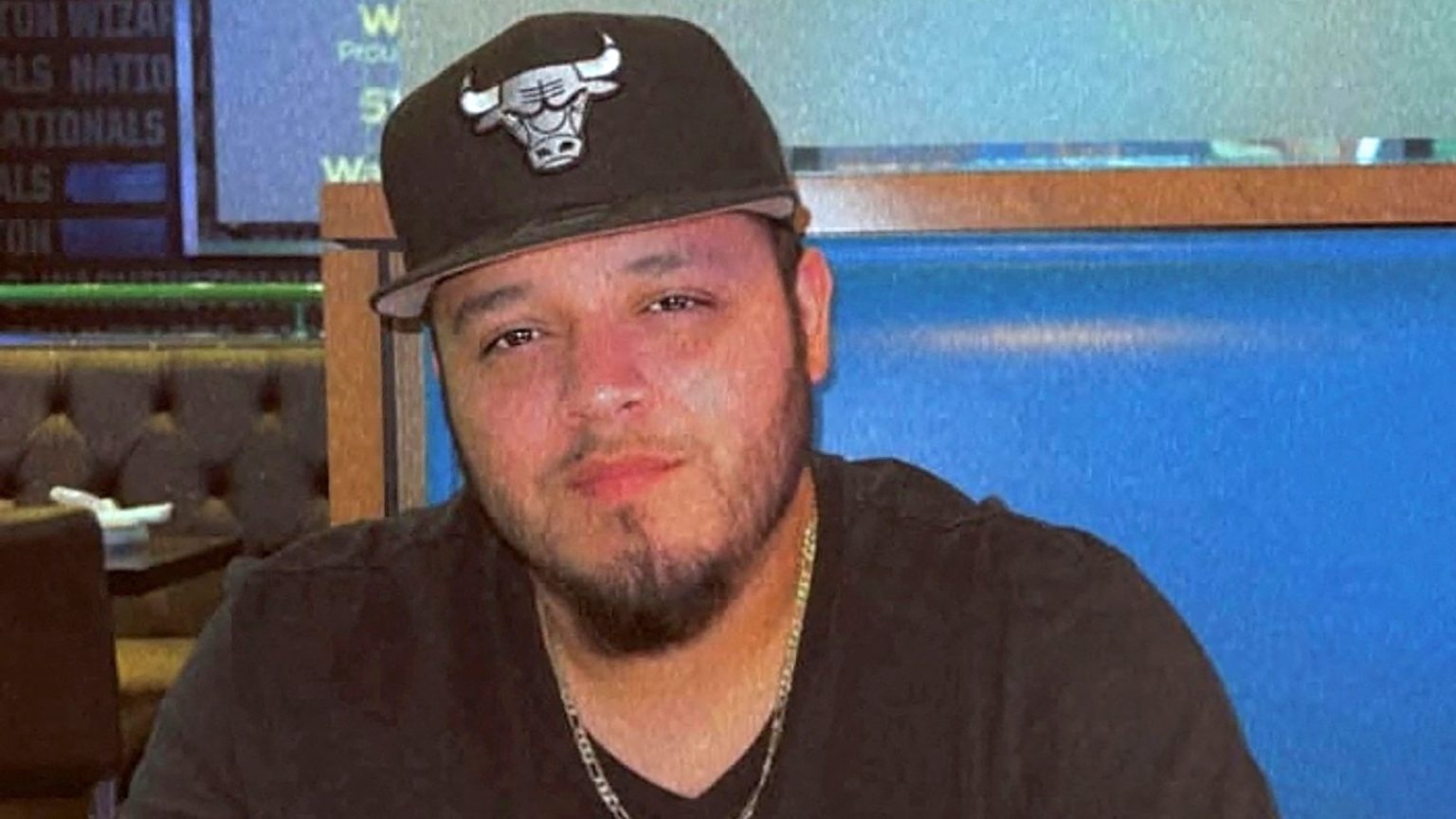Secretary of State Marco Rubio has been in touch with El Salvador President Nayib Bukele about Kilmar Abrego Garcia, the man wrongfully deported last month to El Salvador’s CECOT mega-prison, multiple sources familiar with their contact told ABC News.
The details of their contact were not immediately clear.
ABC News’ Karen Travers asked Secretary of State Rubio about Abrego Garcia at Wednesday’s Cabinet meeting in Washington, and he would not say whether there had been any form of contact.
“I’ll never tell you that,” Rubio said. “And you know who else? I’ll never tell a judge, because the conduct of our foreign policy belongs to the president of the United States and the executive branch, not some judge.”
A spokesperson for the State Department said, “We do not comment on reports of private diplomatic negotiations, regardless if they are real or not.”
The New York Times first reported the contact between the U.S. and El Salvador relating to Abrego Garcia.
Abrego Garcia, a Salvadoran native who has been living with his wife and children in Maryland, was deported in March to El Salvador — despite a 2019 court order barring his deportation to that country due to fear of persecution — after the Trump administration claimed he was a member of the criminal gang MS-13.
Kilmar Abrego Garcia, a Salvadoran migrant in this handout image obtained by Reuters on April 9, 2025.
Abrego Garcia Family via Reuters
The federal judge overseeing the case on Wednesday denied a motion from the Trump administration to further delay discovery in the case.
The order came a week after the judge, U.S. District Judge Paula Xinis, paused expedited discovery for seven days after the Trump administration asked her for the stay.
An attorney for Abrego Garcia, Simon Sandoval-Moshenberg, told ABC News they agreed to the seven-day pause “in good faith.”
“Today is the seventh day of the original seven-day period,” Sandoval-Moshenberg said Wednesday. “Kilmar Abrego Garcia is not back in the United States, and it seems to me that the government has not been using that week wisely.”
The attorney said his team is going to figure out “which humans from the U.S. government” are blocking the return of Abrego Garcia.
Judge Xinis earlier this month slammed the administration over its inaction over Abrego Garcia’s wrongful deportation and ordered government officials to testify under oath through expedited discovery.
Following her order Wednesday, Judge Xinis set new deadlines for the government to respond to requests.
By May 5, the government must answer and respond to all outstanding discovery requests and supplement their invocations of privilege consistent with the court’s previous orders, Xinis ruled.
The depositions of four government witnesses who plaintiffs say have knowledge of the circumstances in the case must be completed by May 9, she ordered.
Abrego Garcia’s lawyers may seek the court’s permission to conduct up to two additional depositions, Judge Xinis said.
The plaintiffs have a deadline of May 12 to renew their motions for relief, which previously asked the court to order the government to comply with the order to facilitate Abrego Garcia’s return to the U.S., and to order the government to show cause why it should not be held in contempt for failing to comply with the court’s prior orders.
The government will have until May 14 to respond to that motion, Xinis said.
The Trump administration, while acknowledging that Abrego Garcia was deported to El Salvador in error, has said that his alleged MS-13 affiliation makes him ineligible to return to the United States. His wife and attorney have denied that he is an MS-13 member.
In 2019, an immigration judge determined that Abrego Garcia was removable from the U.S. based on allegations of his gang affiliation made by local police in Maryland. But Abrego Garcia was subsequently granted withholding of removal to his home country.
Judge Xinis early this month ruled that the Trump administration must “facilitate” Abrego Garcia’s return, and the U.S. Supreme Court unanimously affirmed that ruling, “with due regard for the deference owed to the Executive Branch in the conduct of foreign affairs.”


